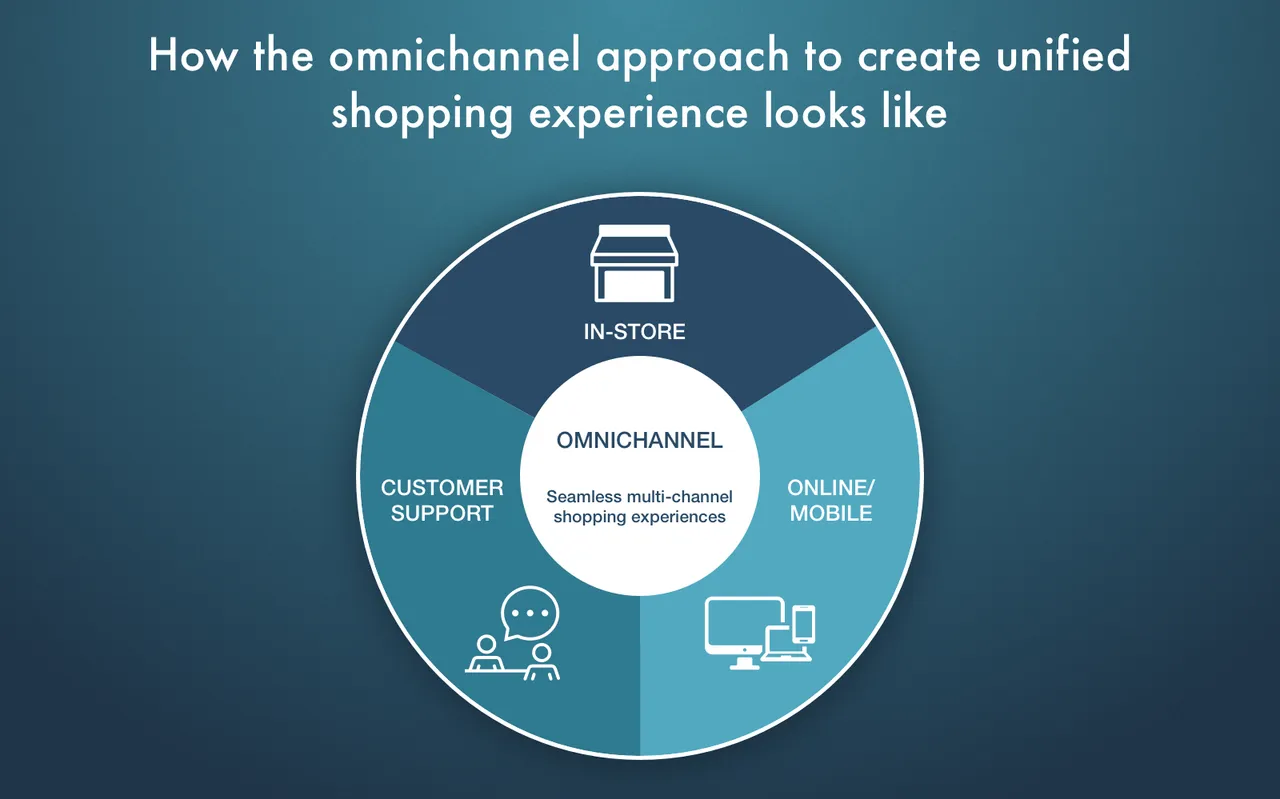According to Google's survey conducted in 2016, 58% of users of m-commerce mobile apps were utilizing them to compare prices, search for special offers, read product reviews and eventually buying online. And 66% of users make at least one purchase a week via mobile apps. It's also known that 9 out of 10 customers have their phones available in their pockets 24/7. Since customers are more likely to use mobile devices than a desktop to buy products, the store owners should definitely build their own #eCommerce mobile applications.
By the way, mobile leads to a higher rate of impulse buy since reaching a shop or carrying around a sufficient amount of cash is no longer needed. Buying a product takes just a few taps on your smartphone and this fast process creates ideal conditions for impulse purchases.
What are the advantages of mobile commerce apps developing right now? It's because if you don't, you may actually lose your customers! 61% of customers will abort the transaction if the experience doesn't appear to be mobile-friendly, according to Google's research. Building a responsive website may seem a quite good decision but it can't display content so quick and simple as native apps can. And if you don't invest in your eCommerce mobile app today, your customers may switch to your competitors which have it already.
Mobile commerce trends in 2019
Before developing an e-commerce app you should first check out the latest trends to make it more competitive.
Chatbots
The famous e-commerce companies including Lyft, Spotify, Pizza Hut massively started to use chatbots for their businesses. Why? First of all, 54% of users favor messengers to communicate with brands over both phone calls, emails and even online chats (46%). Moreover, this mobile commerce technology enables us to automate communications with their clients on a 24/7 basis.
Another reason is, since such technologies as AI and ML became available, bots can almost immediately learn data about customers. Thus, it enables to anticipate what will be the next question from a customer or what product he/she will order later on to provide them with the personalized shopping experience.
AR enters the marketplace
In 2017, the AR technology has only started to appear, but in 2019 it is going to be highly publicized. If you want your e-commerce mobile application to stand out and receive significant competitive advantages in one step, then integrating Augmented Reality is what you're looking for. In fact, many shoppers can't wait to enjoy how the desired product will look like in their homes or workplaces using AR:
- 41% of mobile users stated that if they observe merchandise via AR before buying, they will purchase it;
- 60% of customers favor businesses that utilize AR over the others;
- 70% of customers sense greater commitment to the software that provides AR experience.
Geofencing
It's a mobile eCommerce trend of promoting goods according to the location of the user. It is reported that the famous shops received no less than 18% of growth in sales thanks to geofencing.
Why use geofencing? With the help of GPS, this mobile e-commerce technology allows to monitoring of the user location every minute. When you specify a requirement such as 'within 800 meters of shopping centers', you can be sure that your app receives every benefit of the timing as well as the buying intent of a user. Geofencing supports such technologies to track locations like Wi-Fi, GPS, RFID, and Beacons.
Omnichannel shopping experience
In 2019, businesses are heading towards forming a unified shopping presence of their store by combining various channels including physical and digital shops as well as mobile apps.

The reason for this mobile commerce trend is the increased competition in this field. To effectively find new customers and then retain the existing ones, you should use all possible channels and provide a unified experience through each of them.
One-click purchasing
Google and Apple had their hands tied concerning single-click payments because Amazon had a patent on this technology. But it has expired on autumn 2017 that promises a pile of one-click payment solutions to appear soon.
The convenience of this mobile commerce technology is undoubtful since users don't have to retype data over and over or perform a lot of steps to make one payment transaction. By demanding fewer steps from a user, single-click payments are about to boost the number of impulse purchases on mobile.
Shopping personalization
One of the currently well-known engagements in mobile commerce trends in 2019 is content personalization. In 2017, above 54% of customers stated that they would rather buy from shops that provide a personalized experience. In 2019 the trend on personalization is evolving and lots of businesses are about to invest heavily into personalized marketing.
Now businesses won't only aim to examine user data from their app. The data will be taken from various websites including social networks and messengers. The use cases for this vary from sending personalized emails based on users' previous purchases to AI that will predict the product they buy next. One way or another, the mobile e-Commerce field is sure to grow the popularity of personalization in 2019.
Big data
Big data algorithms become more and more valuable for e-commerce since the number of customers in this industry is steadily growing. For instance, Amazon had 400 million users in 2016. Big data enables us to receive valuable insights and predict tendencies that are only beginning to show up. It also allows calculating a suitable product price on the basis of hundreds of prices put by your competitors. Big data allows you to pack your store with demanded goods by anticipating the latest mobile eCommerce trends and user preferences.